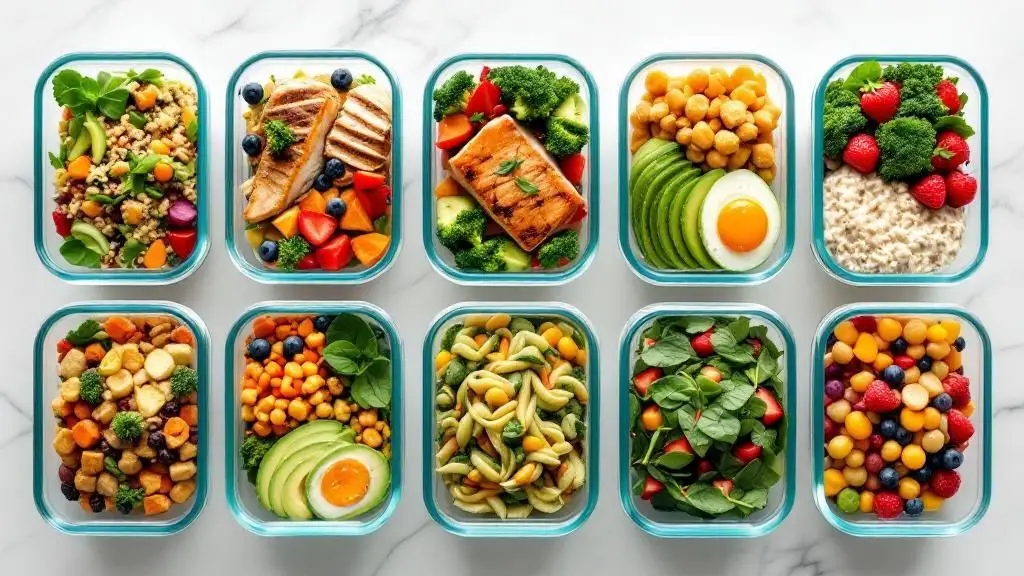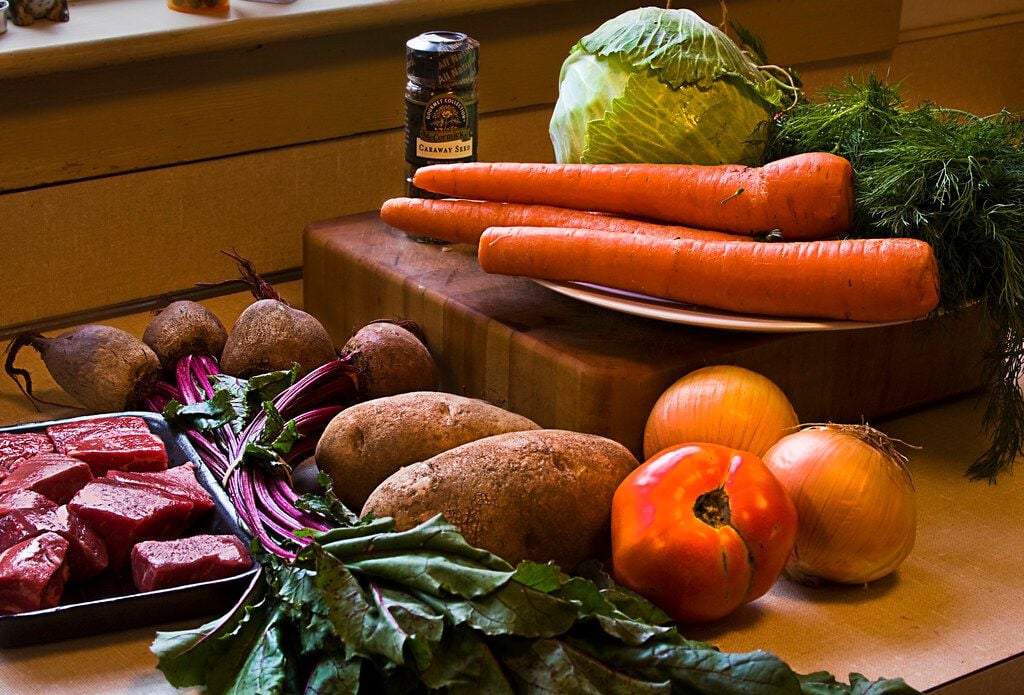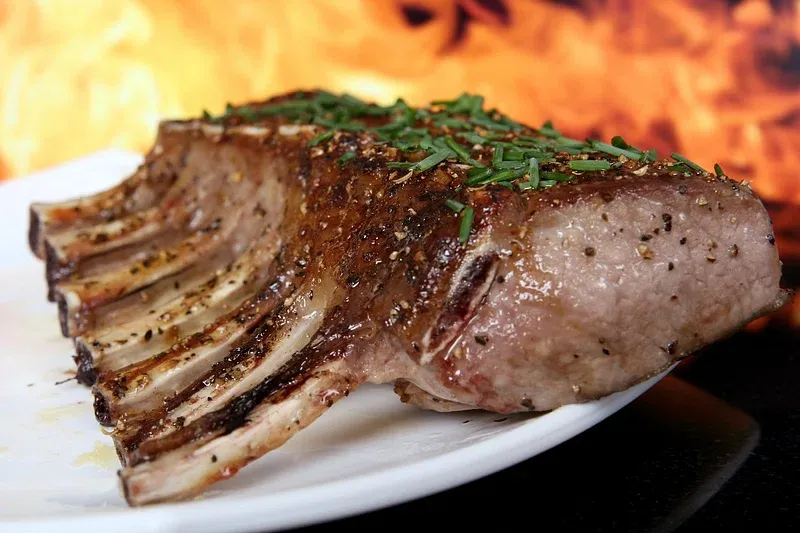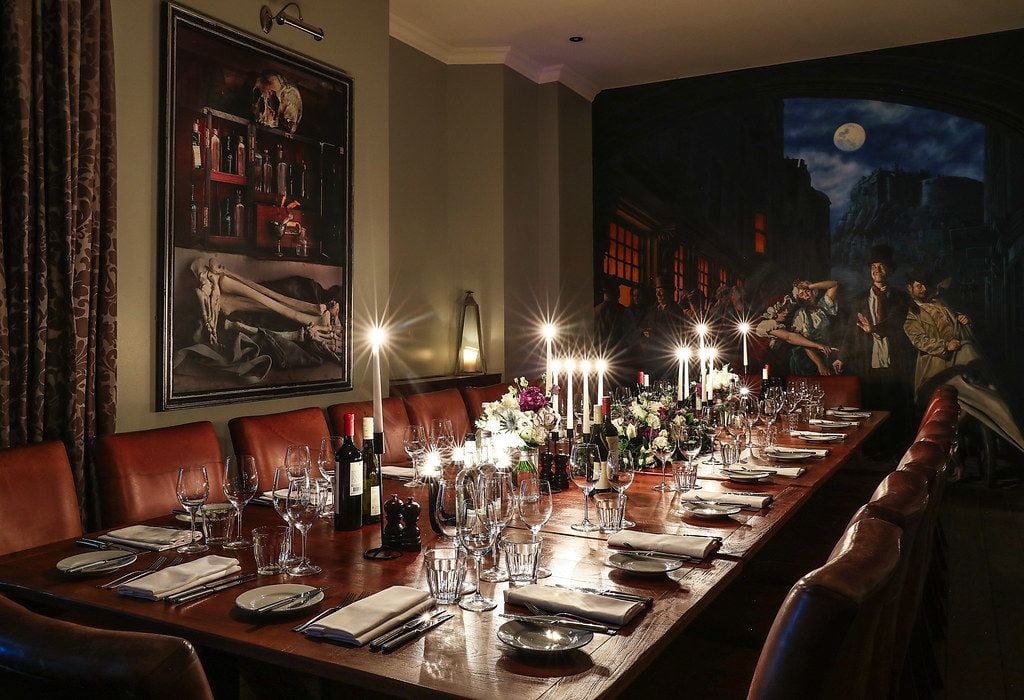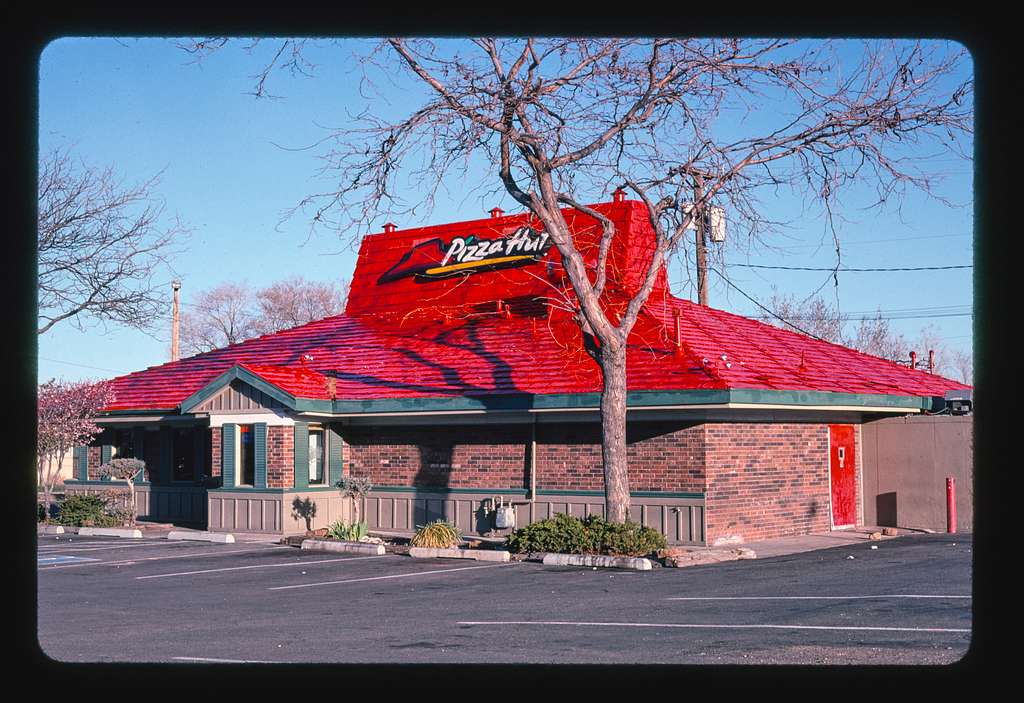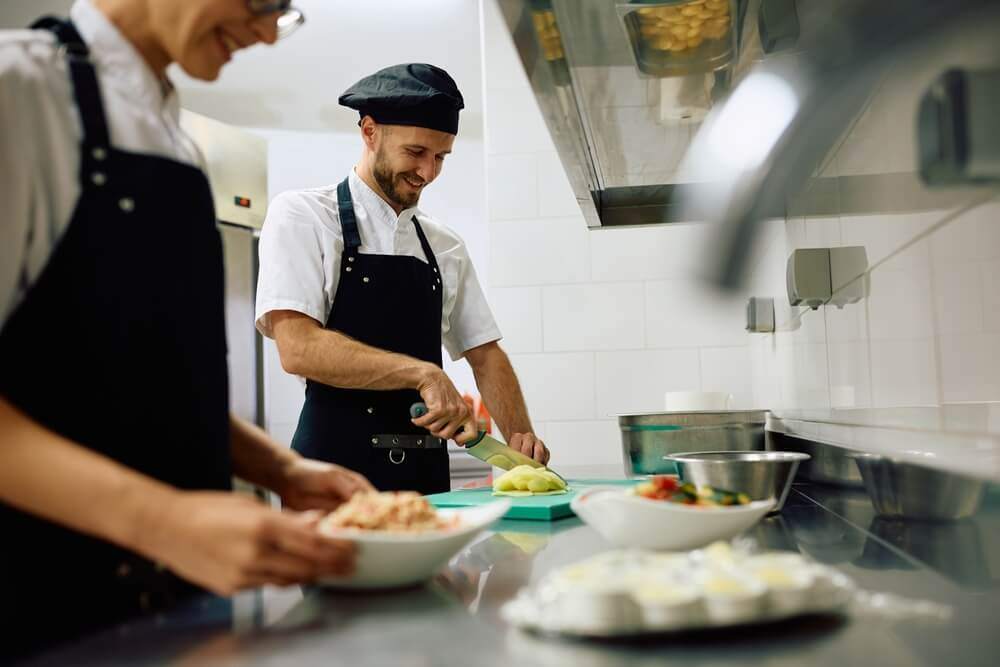
Charleston’s Seafood Secret: Celebrating World-Class Shrimp
- Sep 8, 2024
Having spent my childhood near Houston, my palate is no stranger to fresh southern seafood, particularly superior quality, delectable shrimp. However, despite my love for the fried Gulf Coast crustaceans of my youth, it is with a certain grudging admiration that I admit another Southern city may have a firmer grip on the shrimp title: Charleston, South Carolina.
From September 27th to the 29th, the coastal city will welcome gourmands from across the country for their first Food & Wine Classic. The lineup is set to include accomplished chef and owner of Charleston's famed seafood restaurant, Chubby Fish. James London will be sharing his expertise in a session dubbed "Wild Shrimpin’ Ain’t Easy: The Journey From Catch to Cuisine".
London's restaurant celebrates dock-to-table gastronomy, an ethos he is keen to share through his seminar. According to him, “More than anything, I want to express to attendees the human story behind the shrimp on their plate. Fishing is an extraordinarily demanding job.” London attributes the success of his menu to Tarvin Seafood, a local family-run supplier trusted by Charleston’s culinary elite.
Charleston's Lowcountry waters yield four types of shrimp: the common white, the deliciously distinctive brown, the rare pink, and occasionally the invasive tiger shrimp. London holds a soft spot for brown shrimp, believed to have a robust flavor compared to its white counterpart.
The shellfish from these Carolina shores is favored for its sweet, erudite flavor and firm, sumptuous texture - a testament to the cold Atlantic waters. Each species has its respective catch season - brown shrimping peaks in late spring, while white shrimp appear in abundance during fall.
London, a stalwart advocate for wild-caught shrimp, told me wild shrimps obviously taste superior to their farmed relatives. However, preserving these wild shrimps in chemical solutions can affect their flavor and texture adversely. He insists or preservative-free seafood, arguing that preserved shrimp is harder to cook and lacks the desired taste and textures.
In the upcoming Food & Wine Classic in Charleston, London will delve deeper into the art and intricacies involved in wild shrimping. Attendees will get insights about the fishermen from Tarvin Seafood, their commitment to quality, and what sets their seafood apart. After the seminar, guests can enjoy a serving of shrimp and grits in Charleston to truly appreciate the beauty of Lowcountry crustaceans.

